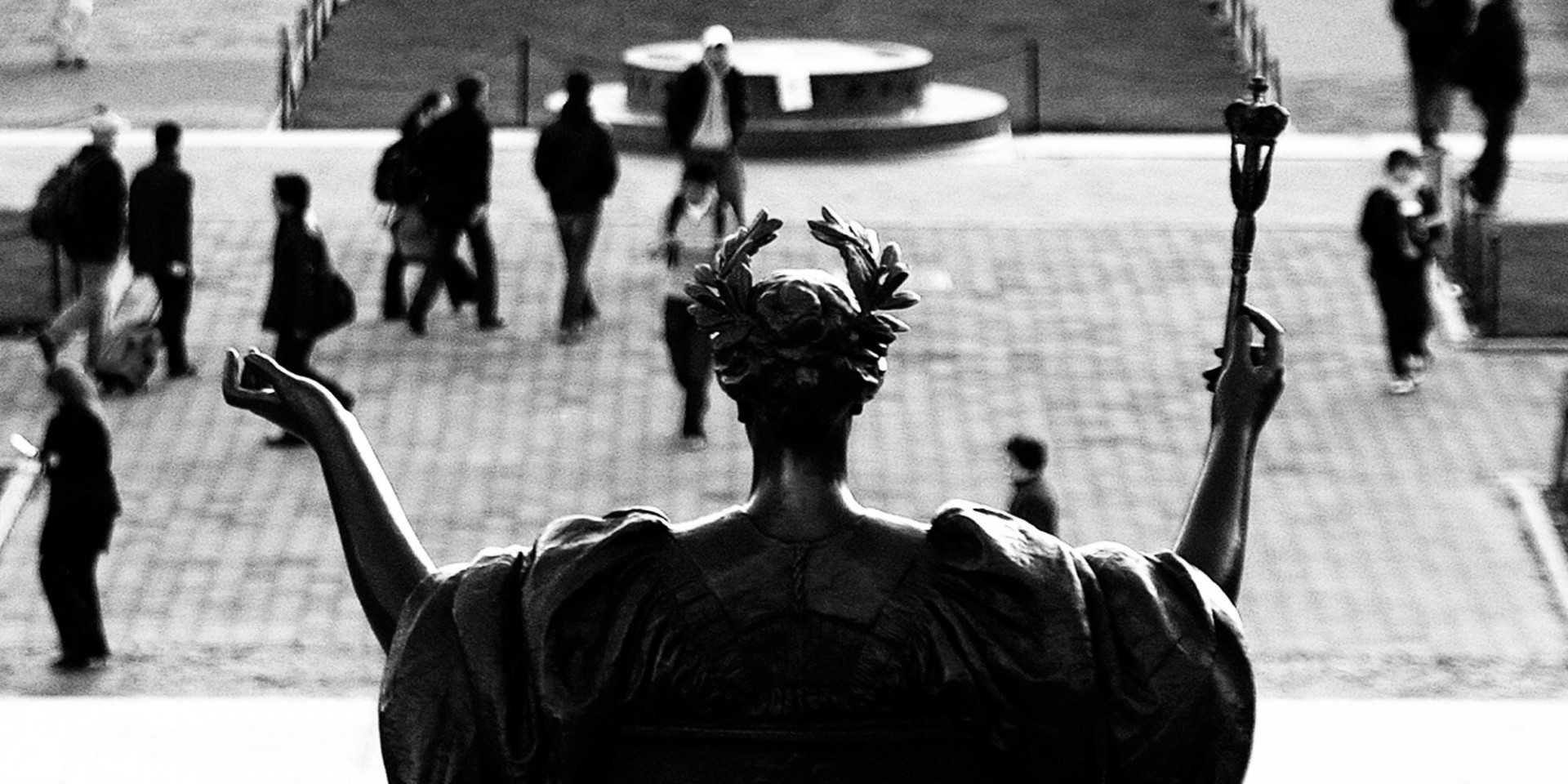Message from President Lee C. Bollinger

Dear fellow members of the Columbia community:
I am writing in both a personal and an institutional capacity. Like everyone, I have been reflecting on the events of the last week with an increasing sense of anguish at the human suffering we are witnessing and of alarm at the national crisis we are facing in our political system.
Until last Friday, I did not think it was possible for me to forget even for a moment that we are in the midst of an historic pandemic, bringing untold human loss and crossing a numerical threshold of unimaginable proportions. But the horrifying ending of the life of George Floyd, a citizen in the very system of justice intended to protect him, and us, which then, along with other recent tragic deaths, drew back the curtains on centuries of invidious discrimination against African Americans, and others, did that. My hopes for a renewed sense of national purpose to continue the heroic efforts of so many, over so many generations, to change once and for all that terrible course of history have been raised, and then deflated. We are at a point in our history where political leadership is not only absent but also disturbingly confounding of the fundamental norms and values that take years and years of hard and determined work to develop—and yet are always so fragile when pitted against the worst instincts of human nature. My concerns here are not partisan, but basic to our culture.
Like so many others here, I have chosen to dedicate my life to sustaining and building academic institutions, and my beloved Columbia, specifically. There is no question that the expectations of intellectual character we choose to live by in the academic world are extreme, and we cannot reasonably expect them to set the bar for ordinary political deliberations and interactions. But what we are seeing today—which unfortunately included just in the last week an unfounded attack on our research and researchers, as well as on the University itself—is at the opposite end of the spectrum. If this were a single incident, that would be one thing, but in the current way of behaving, these become acts of intimidation and dangerous mischaracterization of expertise, one of the hallmarks of a descent into authoritarianism.
In the face of all this, it is only a start to express empathy and solidarity with those in our community who are experiencing loss and apprehension. But I certainly do so here, on behalf of all of us. Universities are not perfect and we have to accept our share of responsibility for the state of affairs we have today. But we are determined, even more so now, to change and to be better. More than anything we will continue to provide the society and the world with all the knowledge we can preserve and create and with a new generation of citizens and leaders who are prepared to live by, and fight for, the values of respect for reason, the love of ideas, and the wish to use these to care for others.
Sincerely,
Lee C. Bollinger